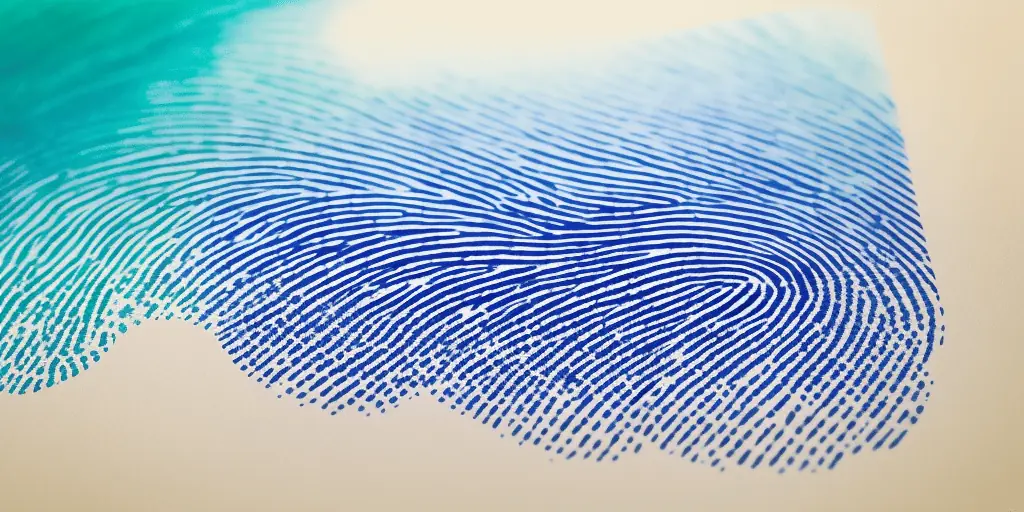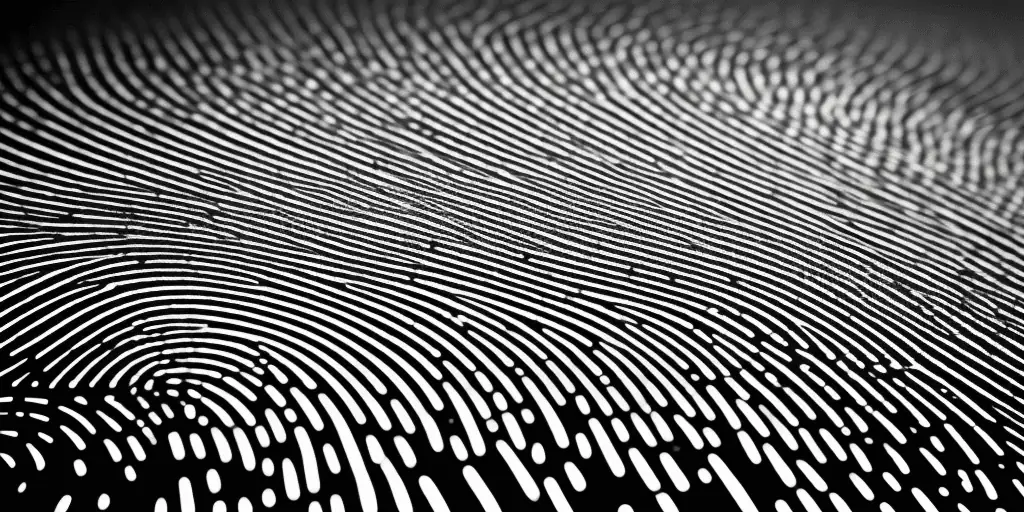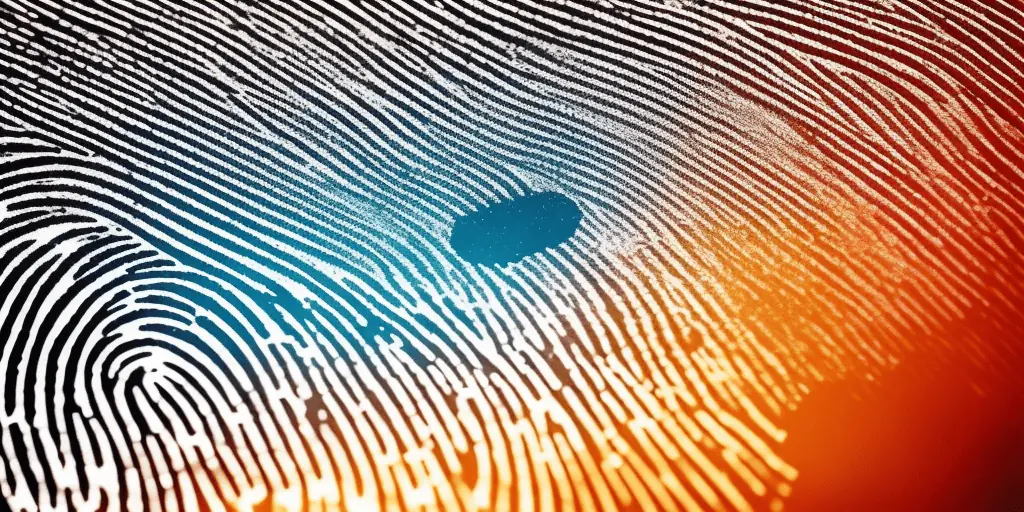When it comes to identifying individuals, fingerprints are considered one of the most unique and reliable forms of identification.
But what if someone wants to alter or disguise their fingerprints? Is it possible to change or remove the distinct patterns on our fingertips?
In this article, we will explore the concept of fingerprint alteration and delve into the legality and potential consequences associated with such actions.
Can fingerprints be altered, disguised or removed?
Fingerprints can indeed be altered or disguised through various methods. Generally, altering a fingerprint involves manipulating the ridges on the fingertip to create a different pattern. There are several techniques criminals may use to accomplish this, including burning the fingertips with acid, using surgical procedures, or intentionally scarring the skin to distort the original fingerprint pattern.
What are 3 ways to alter a fingerprint?
1. Burning the fingertips with acid: This drastic method can damage the skin and alter the natural fingerprint pattern. However, it is important to note that this technique can be extremely dangerous and is illegal.
2. Surgical procedures: In some rare cases, individuals may undergo surgery to alter their fingerprints. Surgeons can manipulate the skin around the fingertips to modify the ridge patterns, making identification more difficult.
3. Intentional scarring: Deliberately scarring the fingertips can distort the original fingerprint pattern, making it challenging for traditional fingerprint recognition systems to accurately identify the individual.
Why would someone want to alter their fingertips?
There are various reasons why someone might consider altering their fingerprints. Some individuals may believe that changing their fingerprints will help them evade law enforcement officials or make it more difficult for their fingerprints to be matched to a crime scene. Others may alter their prints as a means of concealing their identity or to engage in criminal activities without leaving behind incriminating evidence.
What are two examples of fingerprint alterations?
1. Burning the fingertips: Criminals go to extreme lengths, such as burning their fingertips with acid, to prevent fingerprint detection. By damaging the skin to an extent that the ridge structure changes, they try to defeat fingerprint recognition systems.
2. Surgical modification: Some individuals resort to undergoing surgery to alter their fingerprints. Surgeons cautiously manipulate the skin, causing changes in the ridge patterns, thereby making it difficult for automated fingerprint identification systems to match these altered prints with a person’s actual fingerprints.

Is It Illegal to Change or Alter Your Fingerprints?
Technically, there is no law in the US against a person altering or changing their fingerprints. However, other laws may be able to use an altered print as evidence for another crime. Also, changing a fingerprint does not remove a fingerprint. So after a fingerprint has been altered, a person will continue to leave fingerprints. If a person has changed their fingerprints, it is likely that any prints they leave will be more identifiable than they were before.
Altered fingerprints can be considered evidence of an individual’s attempts to conceal their identity or engage in illegal activities. Law enforcement agencies and forensics experts are well aware of the possibility of fingerprint alteration and have sophisticated methods to detect tampering.
Altered Fingerprints Are Evidence and Can Be Used Against You
If you alter your fingerprints with the intention of evading law enforcement or concealing your identity, the fact that you intentionally altered your prints can be used as evidence against you in a court of law. It could be seen as an attempt to hinder investigations and may result in additional charges.
Surgeons Should Be Cautious
Medical professionals, especially surgeons, should exercise caution when it comes to altering fingerprints. Engaging in such procedures without a valid medical reason can have legal consequences. It is important for surgeons to be aware of the potential misuse of their skills and to seek legal advice if they suspect any malicious intent from their patients.
Seek legal advice
If you are considering altering your fingerprints or have already done so, it is crucial to seek legal advice. An experienced attorney can guide you through the legal implications associated with fingerprint alteration and provide necessary counsel based on the specific circumstances.
Do Fingerprints Ever Change?
Fingerprints are generally considered permanent and unique to each individual. However, there are some instances where fingerprints may change over time or be temporarily altered due to various factors.
Can fingerprints change during a lifetime
While the general pattern and structure of fingerprints remain constant, there are certain factors that can temporarily alter the appearance of fingerprints. For example, skin conditions such as eczema or psoriasis can cause temporary changes in the ridge patterns. Additionally, aging may cause slight changes in the shape and clarity of fingerprints.
Can You Lose Your Fingerprints?
Contrary to popular belief, it is highly unlikely to completely lose your fingerprints. Even if the ridges are temporarily obscured or damaged, they tend to grow back over time. However, in rare cases, certain medical conditions or injuries may result in permanent damage to the skin, leading to the loss of the distinct ridge patterns.
Conclusion
Fingerprint alteration is indeed possible, but it comes with legal consequences. Altering or disguising your fingerprints can be seen as an attempt to obstruct justice and evade identification. Law enforcement agencies and forensic experts have developed advanced techniques to detect altered prints, making it increasingly challenging for individuals to escape identification. It is crucial to seek legal advice and fully understand the potential ramifications before considering any form of fingerprint alteration.

FAQs
Q: Can fingerprints be altered?
A: Yes, fingerprints can be altered.
Q: Why would someone alter their fingerprints?
A: People may alter their fingerprints in an attempt to avoid identification or deceive biometric systems.
Q: Can altered fingerprints still be recognized by biometrics?
A: It is possible that altered fingerprints may still be recognized by biometric systems, although it may be more challenging.
Q: Are altered fingerprints considered legal?
A: No, altering fingerprints is considered illegal in many jurisdictions.
Q: Are there any reported cases of altered fingerprints?
A: Yes, there have been cases where individuals who altered their prints were arrested, particularly among illegal immigrants.
Q: Can altered fingerprints be detected during routine fingerprint scans?
A: Altered fingerprints may be detected during routine fingerprint scans, depending on the extent of alteration and the expertise of the examiner.
Q: Can altered fingerprints heal or revert to their original state?
A: Most methods to alter fingerprints tend to be permanent, and the altered prints do not revert to their original state.

